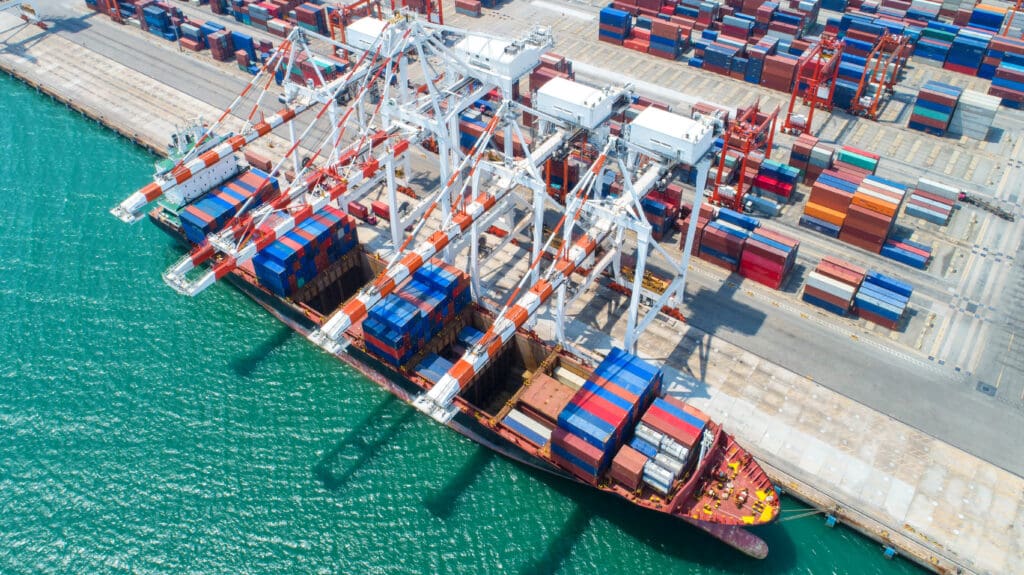On 22 August 2025, the Singapore Customs issued a circular titled “Implementation of India-Singapore Mutual Recognition Arrangement” (“Circular“). According to the Circular:
- The India-Singapore Mutual Recognition Agreement (“MRA“) on Authorised Economic Operators (“AEOs“) becomes operational with effect from 1 September 2025; and
- Under this MRA, companies certified under the Singapore Customs’ Secure Trade Partnership-Plus (“STP-Plus“) programme can benefit from facilitated clearance for their goods exported to India. Companies accredited under India’s AEO programme will enjoy similar facilitation on their goods exported to Singapore. For more information on the MRA, please refer to our June 2025 Legal Update titled “Singapore-India Sign Mutual Recognition Arrangement of Authorised Economic Operator Programmes – to Expedite Customs Clearance for Certified Companies“.
STP-Plus Companies Exporting from Singapore to India
- STP-Plus companies exporting from Singapore to India must have an Overseas Business Identification Number (“OBIN“) registered with the Central Board of Indirect Taxes & Customs (“CBIC“) in India.
- Such companies will have their status as AEOs recognised when their business partners in India use the OBIN in the import declarations submitted to CBIC. This facilitates exports from Singapore to India by linking the OBIN with the Indian business partner’s Importer Exporter Code.
- CBIC has generated OBINs for all existing STP-Plus companies, and Singapore Customs will be sending an email with each company’s OBIN by 25 August 2025, failing which (if this email is not received), companies should contact Singapore Customs.
- The Circular sets out the steps required to complete and submit the OBIN form. It should be noted that this is a one-time OBIN form submission for all existing importers, and STP-Plus companies do not need to resubmit the form for subsequent exports to the same importers. However, for new Indian importers, STP-Plus companies must submit a new OBIN form containing the new importer’s details.
- The Circular also answers frequently asked questions (“FAQs“), including regarding the process for obtaining the OBIN for companies that receive their STP-Plus certifications only after 1 September 2025 when the MRA becomes operational.
Singapore Companies Exporting to, or Importing from, India’s AEO Companies
- For Singapore companies that are exporting to, or importing from, India’s AEO companies, they must obtain the AEO codes from their business partners in India (i.e. India AEO companies).
- The Circular answers FAQs, including regarding the steps required to verify that a company’s Indian business partner is an India AEO company.
- The Circular also sets out further details regarding the India AEO code and how this should be declared.
- Finally, the Circular reminds STP-Plus companies and STP importers and exporters to declare their STP codes to enjoy facilitated clearance in Singapore.
For further information or tailored advice on how your business can benefit from the MRA and/or become a certified AEO under Singapore Customs’ STP or STP-Plus programmes, please reach out to our Team members set out on this page.
Disclaimer
Rajah & Tann Asia is a network of member firms with local legal practices in Cambodia, Indonesia, Lao PDR, Malaysia, Myanmar, the Philippines, Singapore, Thailand and Vietnam. Our Asian network also includes our regional office in China as well as regional desks focused on Brunei, Japan and South Asia. Member firms are independently constituted and regulated in accordance with relevant local requirements.
The contents of this publication are owned by Rajah & Tann Asia together with each of its member firms and are subject to all relevant protection (including but not limited to copyright protection) under the laws of each of the countries where the member firm operates and, through international treaties, other countries. No part of this publication may be reproduced, licensed, sold, published, transmitted, modified, adapted, publicly displayed, broadcast (including storage in any medium by electronic means whether or not transiently for any purpose save as permitted herein) without the prior written permission of Rajah & Tann Asia or its respective member firms.
Please note also that whilst the information in this publication is correct to the best of our knowledge and belief at the time of writing, it is only intended to provide a general guide to the subject matter and should not be treated as legal advice or a substitute for specific professional advice for any particular course of action as such information may not suit your specific business and operational requirements. You should seek legal advice for your specific situation. In addition, the information in this publication does not create any relationship, whether legally binding or otherwise. Rajah & Tann Asia and its member firms do not accept, and fully disclaim, responsibility for any loss or damage which may result from accessing or relying on the information in this publication.












